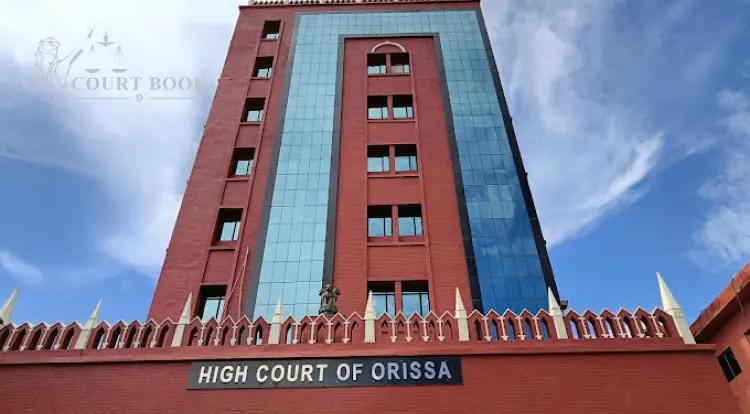The Orissa High Court at Cuttack has set aside an order of the Special POCSO Court in Jagatsinghpur that framed charges against an accused on the very same day police papers were handed over to him. Justice Aditya Kumar Mohapatra, while pronouncing judgment on 22 September 2025, made it clear that the accused must be allowed a fair chance to seek discharge before charges are framed.
Background
The case arose from a Nuagaon police station FIR registered in February 2025, in which the petitioner Narottam Prusty was named as the sole accused. The Special Court had supplied police documents and, without delay, went ahead with framing charges under Section 65(2) of the Bharatiya Nagarik Suraksha Sanhita (BNSS), 2023, read with Section 6 of the POCSO Act.
Read also:- Telangana High Court Allows OCI Candidate to Register for NEET PG NRI Quota Pending Guidelines
This same day framing of charges without permitting the defence to file a discharge application triggered the petition before the High Court. The accused’s counsel argued that this rushed process violated Sections 250 and 251 of BNSS, which provide a 60-day window for discharge applications before charges are settled.
Court's Observations
The High Court examined the peculiar overlap between the BNSS and the POCSO Act. Justice Mohapatra noted that while the POCSO Act allows Special Courts to directly take cognizance of offences, it does not bar the accused from availing safeguards under BNSS.
"The legislative intent of Section 250 is to preserve the right of the accused to a fair trial," the judge observed, stressing that no meaningful hearing on discharge had taken place.
The bench drew from Supreme Court precedents including Bashira v. State of U.P. and Anokhilal v. State of M.P., which warn against hasty trials that compromise fairness.
The Court also remarked that while speedy trials are important,
"the pursuit for expeditious disposal must never result in burying the cause of justice."
Read also:- Supreme Court Blasts CBI for Failing to Arrest Two Cops in Madhya Pradesh Custodial Death Case
Decision
Setting aside the April 21, 2025 order of the Special Judge, the High Court directed that the case return to the stage of discharge. The accused has been permitted to file a discharge application within two weeks, and the Special Court must decide it within four weeks thereafter.
In a broader guideline, the Court instructed all Special Courts handling POCSO cases to:
- Treat the accused’s first appearance as the starting point for calculating the 60-day discharge application period.
- Ensure police papers are supplied immediately.
- Frame charges only after either considering the discharge application or receiving a written statement from the accused that no such application will be filed.
With these directions, the CRLMC petition was allowed, and the matter will proceed afresh from the discharge stage.
Case Title:- Narottam Prusty v. State of Odisha & Anr.
Case No.:- CRLMC No. 1731 of 2025















